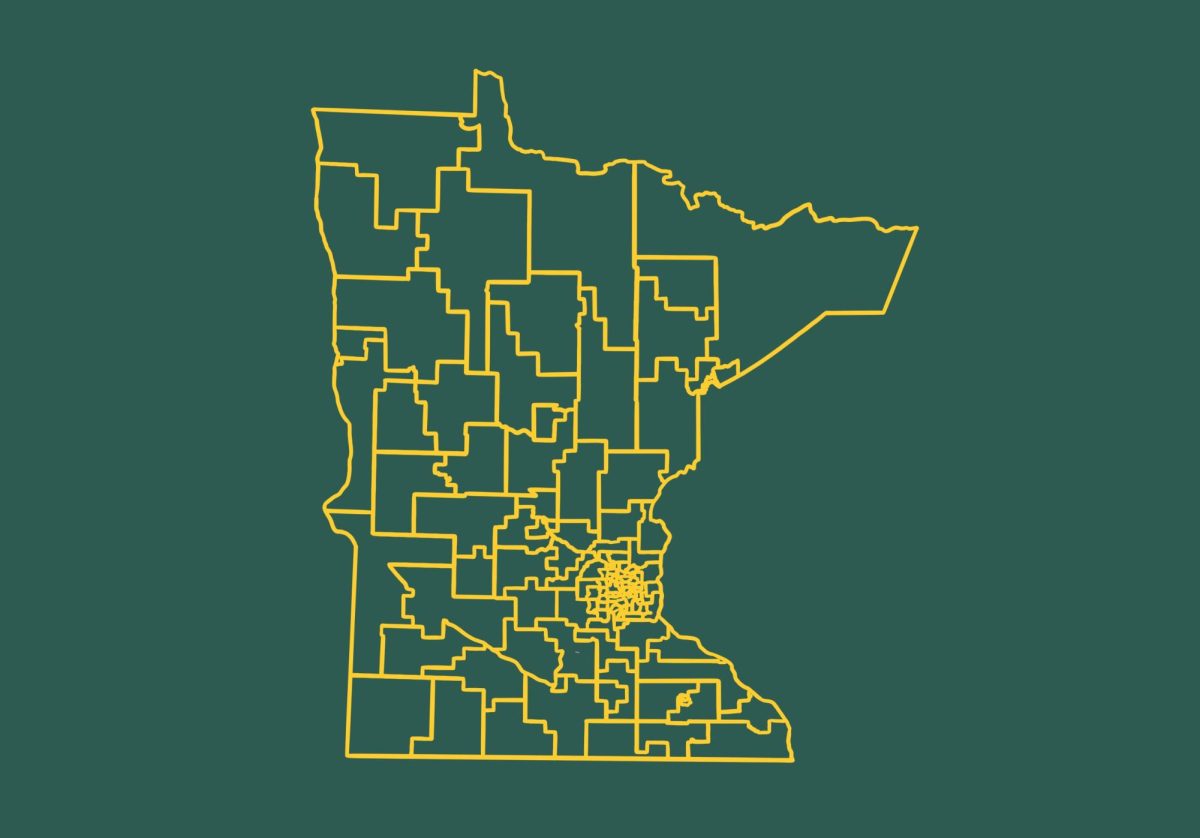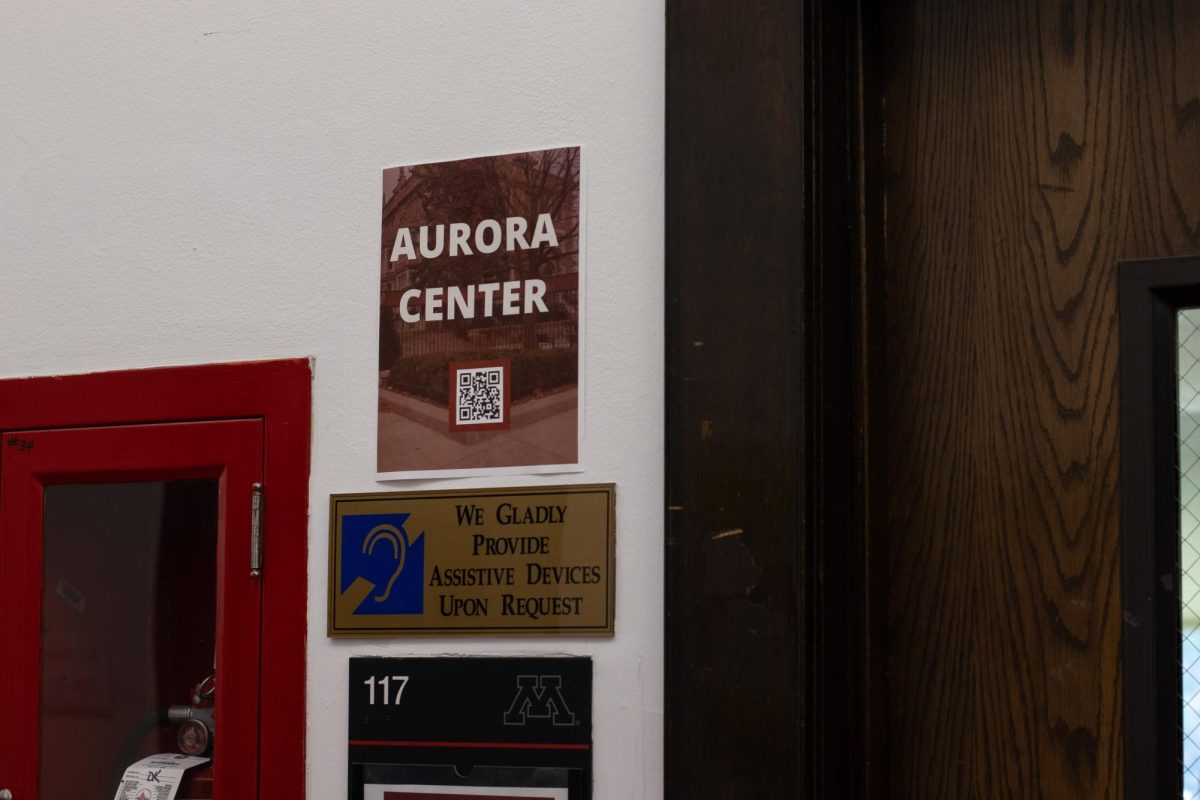As college students, we tend to be under perpetual stress. It’s an expected, although unwelcome, aspect of school. Exams, essays, loans — not to mention the ever-illusive social life — is enough to break down even the most formidable students. However, one aspect that has weighed on me throughout my college career is my weight.
People don’t often discuss how body image issues and eating disorders can translate to college. We enter college with the expectations of a pubescent utopia, in which social pressures and expectations wane in the wake of collective acceptance. But this isn’t the case, specifically when it comes to expectations of how women should look.
What I’ve realized is that there is as much, if not more, focus on women’s weight in college than in high school. My size has fluctuated significantly throughout my college career. And I’ve received as many comments and passive aggressive slights at my heaviest, as I did at my smallest. I’ve only recently begun to accept that no matter my size, someone will be displeased with the way that I look. But that doesn’t mean that I have to be.
With entering college comes newfound freedom, access to dining halls in the absence of home-cooked meals, a looming fear of the infamous freshman 15 and an increased susceptibility to eating disorders. A majority of eating disorders are developed between the ages of 18 and 21, despite the overwhelming focus remaining on high school-age adolescents. Although most students only gain 2.5 to 3.5 pounds after arriving at college, according to the National Eating Disorders Association, there is an increased pressure to diet and maintain an idealized body image.
Because our lives are so intimately intertwined with, and almost indistinguishable from social media, there is an added pressure to conform to what we see online. For every post preaching a body positive mantra, there seems to be three more that glamorize extreme dieting under a health and wellness guise. The lines between clean eating, dieting and full blown eating disorders continues to be blurred. According to the NEDA, between 20 and 25 percent of students who start dieting in college develop an eating disorder.
The insane, ever-changing expectations for women seem to receive a greater sense of fascination in college than those for men. From Total Frat Move’s ‘Babe of the Day’ which lists the “hottest babes from universities all around America, all in place,” to entire articles devoted to encouraging men to date women with these kinds of struggles, women continue to be devolved into objects. Our worth is linked to an ability to heed beauty expectations.
To continue to compartmentalize and diminish women in this way is to disrespect and disregard them as people. If women are too fat, they don’t care enough. If they’re too thin, they care too much. With these extremes, women are seen as vain, having something to prove. It’s an incredibly cruel and fine line to walk.
Self-consciousness is taught and nurtured in women. I was “thunder thighs” by the time I was 10, and the rolls on my stomach were being counted by age 12. When I entered college, I was more than ready to reinvent myself. I lost more weight than I anticipated, and my clothes would hang off me, shadowing a figure I no longer had.
I always thought that if I could just slim down, confidence would follow. But I work every day to try to feel good about myself, and every day it’s a battle. College is where we should find acceptance, instead of constantly search for it. We should be empowering women and building up toward self-love, the incredible task that it is.







